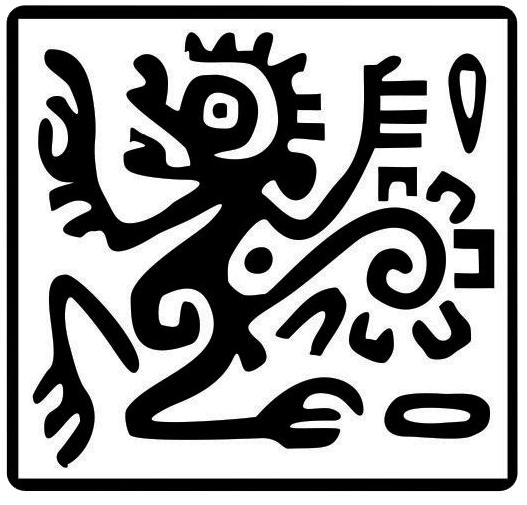The family Didelphidae as a host of zoonotic pathogens
Abstract
The family Didelphidae has often been associated with transmission cycles of zoonotic diseases, such as Leishmaniasis and Chagas disease. In this work, we review the scientific literature published from 1994 to 2024 on studies of the family Didelphidae and its pathogens. Of the 5 terrestrial genera of the family Didelphidae analyzed, 86 % reported Didelphis as a host of various pathogens. In this genus, a larger number of pathogen groups have been reported, including bacteria, viruses, nematodes, fungi, and helminths, as well as protozoa that cause Chagas and Leishmaniasis diseases. Didelphis albiventris and D. virginiana are the species with the highest number of pathogen species documented to date (12 and 9, respectively). This information highlights the importance of understanding the role of the family Didelphidae in zoonotic cycles, considering that several species of the family have adapted to anthropized environments.
Copyright (c) 2024 Therya Notes

This work is licensed under a Creative Commons Attribution-NonCommercial-NoDerivatives 4.0 International License.
THERYA NOTES is based on its open access policy allowing free download of the complete contents of the magazine in digital format. It also authorizes the author to place the article in the format published by the magazine on your personal website, or in an open access repository, distribute copies of the article published in electronic or printed format that the author deems appropriate, and reuse part or whole article in own articles or future books, giving the corresponding credits. The Creative Commons CC BY-NC-SD license is used.![]()









